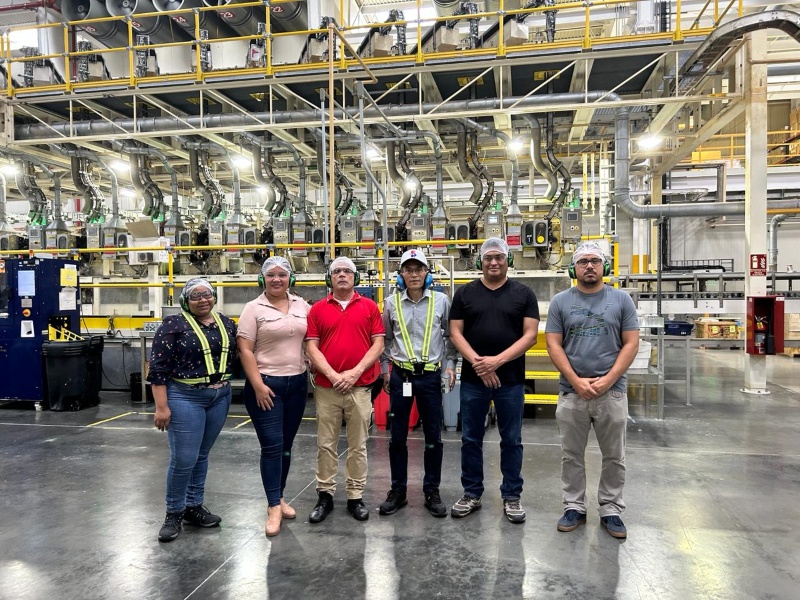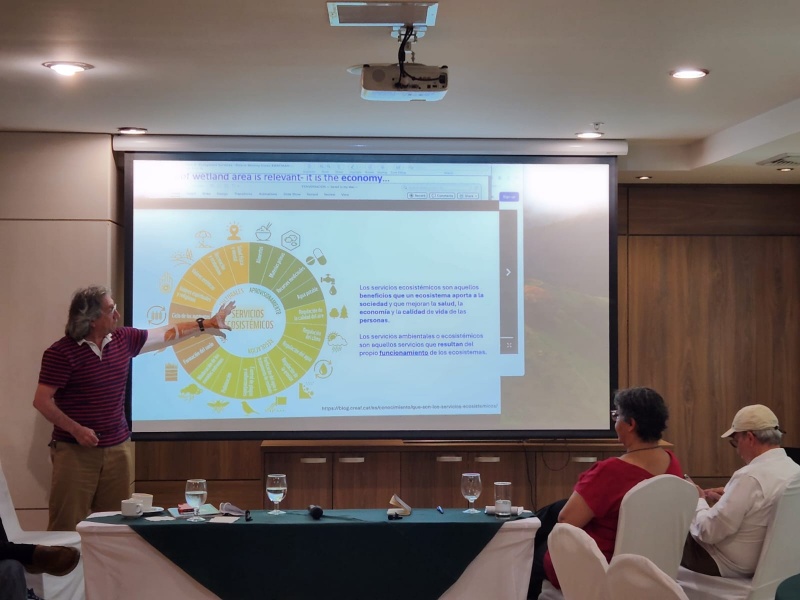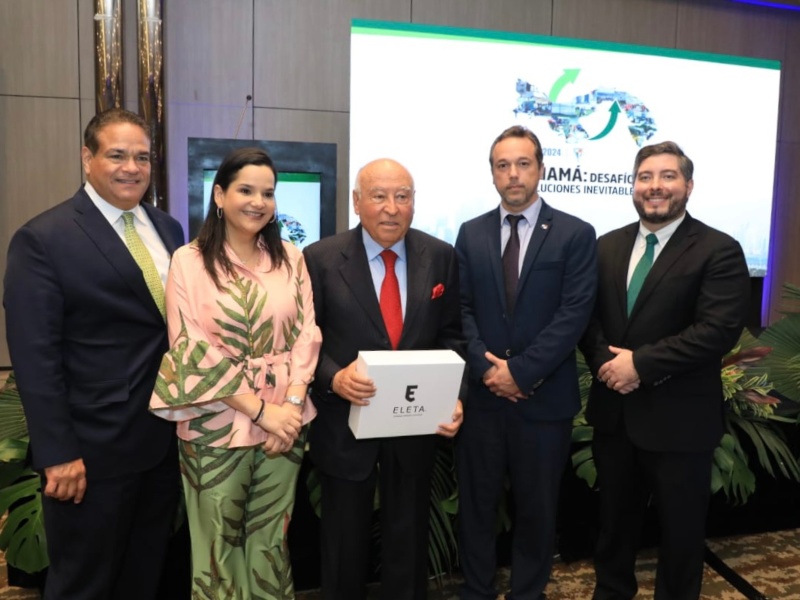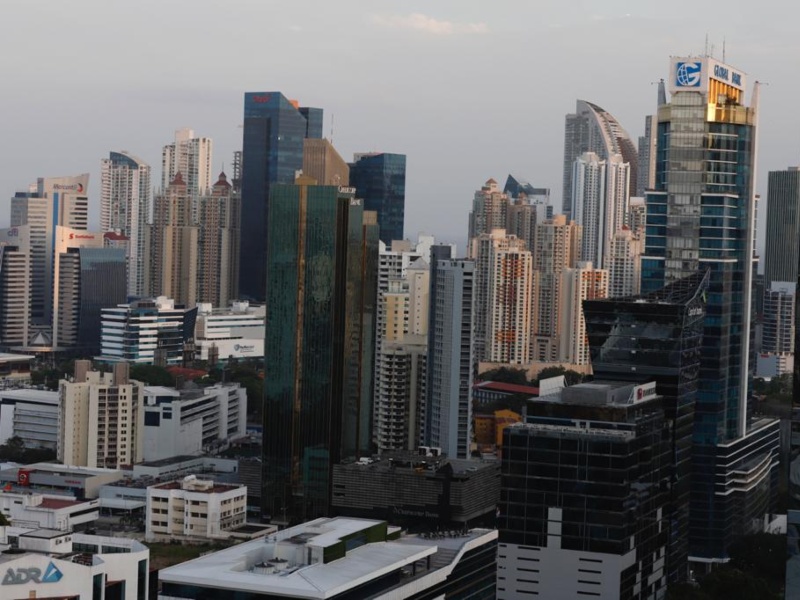World Travel & Tourism Council and Saudi-based Sustainable Tourism Global Center release groundbreaking research Sector’s GDP has grown on average 2.6% annually whilst its greenhouse gas emissions have increased by only 1.2%
Source: WTTC
The World Travel & Tourism Council (WTTC) and the Saudi-based Sustainable Tourism Global Center have unveiled revolutionary new data detailing the climate footprint of the Travel & Tourism sector in Africa.
According to the new data, between 2010 and 2019, the African Travel & Tourism sector decoupled its economic growth from its greenhouse gas emissions.
The data shows the total contribution to Africa’s GDP grew on average 2.6% annually, whilst greenhouse gas emissions increased by just 1.2% during the same period.
The data also demonstrates how the sector’s emissions intensity continues to decrease.
In 2010, for every $1 USD of the region’s Travel & Tourism GDP, the sector emitted 1.45kg of greenhouse gas emissions.
But in 2019, when Travel & Tourism was at its peak, this figure dropped by more than 11% to 1.29kg. This significant decline demonstrates the progress of changes implemented by governments and business leaders across Africa to create a more sustainable sector.
In the same year the sector was responsible for an average of just 6.6% of total greenhouse gas emissions across Africa.
In one of the largest research projects of its kind ever undertaken, the global tourism body can for the first time ever, accurately report and track the impact industries within the sector have on the environment.
This comprehensive research covers 185 countries across all regions and will be updated each year with the latest figures.
Julia Simpson, WTTC President & CEO, said: “Today, we can give governments across Africa the comprehensive information they need to make significant steps towards the Paris Agreement and the UN Sustainable Development Goals.
“The Travel & Tourism sector in the region has decoupled its economic growth from its greenhouse gas emissions and reduced its emissions intensity by more than 11%, but we know there is still work to be done.
“To reach our goals and ambitions, we must make bigger and bolder steps to reduce our absolute emissions.
“And for this we need government support in accelerating the production of Sustainable Aviation Fuels which will have a significant impact on our footprint, as well as bringing in more renewable energy to our national grids.”
The global findings were launched at the global tourism body’s 22nd Global Summit in Riyadh, Saudi Arabia in November this year.
This research was made possible thanks to the partnership between WTTC and the Saudi-based Sustainable Tourism Global Center. Under the Saudi green Initiative, more than 60 initiatives have been launched in the past year, representing more than $186BN USD of investment in the green economy.
![]()


























